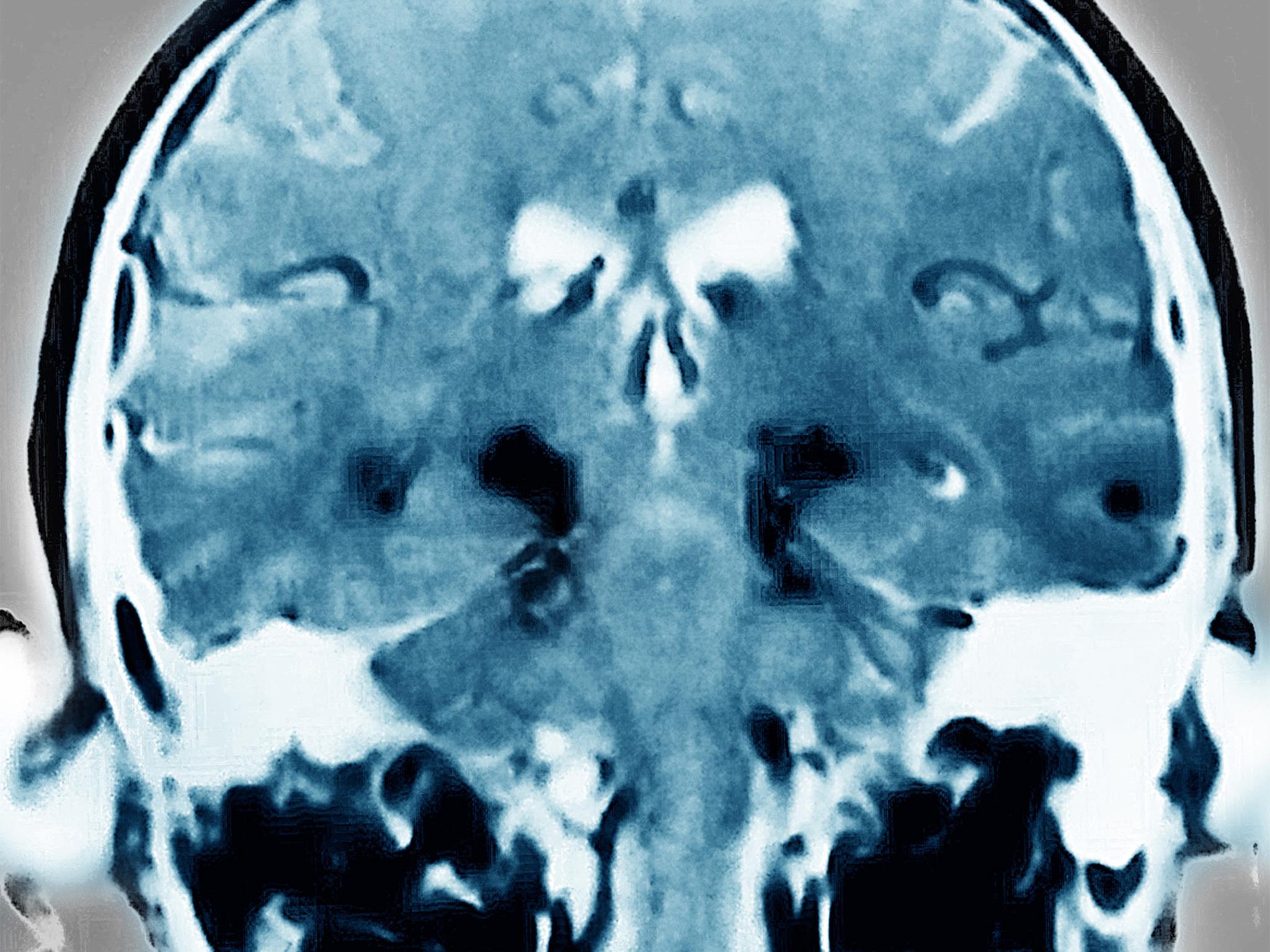One head injury increases risk of Parkinson's, study finds
People are 56 per cent more likely to be diagnosed with Parkinson's after a 'mild traumatic brain injury'

Your support helps us to tell the story
From reproductive rights to climate change to Big Tech, The Independent is on the ground when the story is developing. Whether it's investigating the financials of Elon Musk's pro-Trump PAC or producing our latest documentary, 'The A Word', which shines a light on the American women fighting for reproductive rights, we know how important it is to parse out the facts from the messaging.
At such a critical moment in US history, we need reporters on the ground. Your donation allows us to keep sending journalists to speak to both sides of the story.
The Independent is trusted by Americans across the entire political spectrum. And unlike many other quality news outlets, we choose not to lock Americans out of our reporting and analysis with paywalls. We believe quality journalism should be available to everyone, paid for by those who can afford it.
Your support makes all the difference.Just one non-serious knock on the head can increase the risk of developing Parkinson's disease, new research shows.
People are 56 per cent more likely to be diagnosed with the illness after a diagnosis of "mild traumatic brain injury", say researchers.
The study, published in the journal Neurology, involved nearly 326,000 veteran US servicemen and women.
Half the participants, who ranged in age from 31 to 65, had suffered a mild, moderate or severe traumatic brain injury, and half had not.
Over a period of up to 12 years, a total of 1,462 of the veterans developed Parkinson's.
The researchers found that compared with participants who had no diagnosis of brain injury, those experiencing a mild injury were 56 per cent more at risk.
The chances of developing Parkinson's rose with head injury severity. Moderate to severe brain injury was associated with an 83% risk increase.
Symptoms of mild traumatic brain injury were defined as loss of consciousness for zero to 30 minutes, consciousness alteration for up to 24 hours, or up to 24 hours of memory loss.
US lead researcher Dr Raquel Gardner, from the University of California, San Francisco, said: "This study highlights the importance of concussion prevention, long-term follow-up of those with concussion, and the need for future studies to investigate if there are other risk factors for Parkinson's disease that can be modified after someone has a concussion.
"While our study looked at veterans, we believe the results may have important implications for athletes and the general public as well."
Professor David Dexter, deputy research director at the charity Parkinson's UK, said: "Several studies over the years have highlighted head trauma as being a risk factor for neurodegenerative disorders, including Parkinson's, and this larger study reinforces that evidence.
"Studies looking at brains cells under the microscope have revealed that trauma to the head can trigger proteins to clump together. Such protein clumps are a feature in Parkinson's and can cause cell membranes to burst, leading to the characteristic loss of brain cells.
"Further research is required to investigate whether the form of Parkinson's associated head trauma is the same as that in individuals who have no history of head trauma but still develop Parkinson's. "
PA
Join our commenting forum
Join thought-provoking conversations, follow other Independent readers and see their replies
Comments